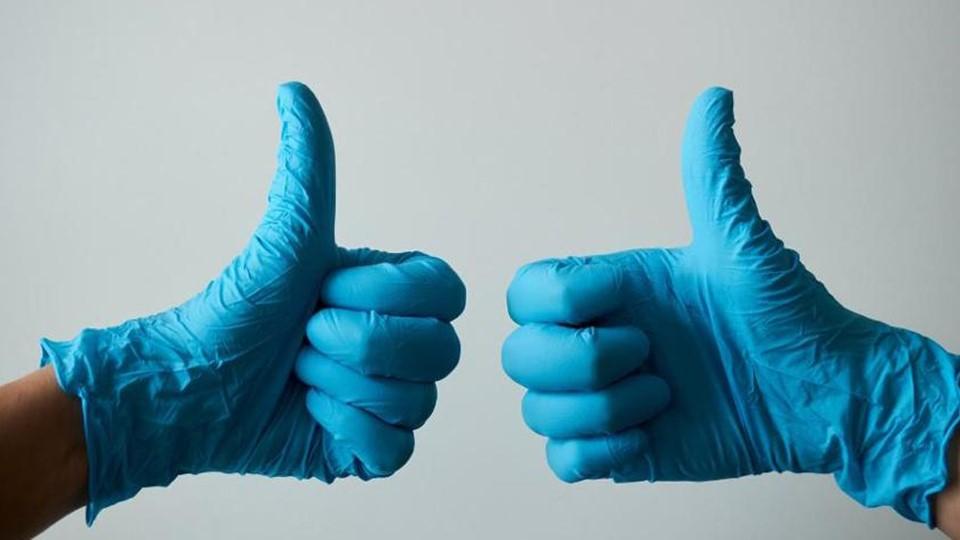Second Niemann-Pick approval brings more hope to patients

In the space of four days, the number of FDA-approved therapies for ultra-rare genetic disorder Niemann-Pick disease has gone from zero to two, transforming the prospects for patients.
IntraBio's Aqneursa (levacetylleucine) has joined Zevra Therapeutics' Miplyffa (arimoclomol) for patients with Niemann-Pick type C (NPC), a rare genetic disease affecting around one in 100,000 births that results in progressive neurological symptoms and organ dysfunction.
On average, individuals affected by this devastating disease only live for about 13 years, according to the FDA. It is estimated that there are a few hundred people in the US living with NPC.
Aqneursa has been approved to treat neurological symptoms associated with NPC in children and adults who weigh at least 15kg, while Miplyffa is indicated for use in combination with the enzyme inhibitor miglustat – which is used off-label to treat NPC – in adults and children two years of age and older.
"For too long, our community has been without an approved therapy for the treatment of NPC," said Laurie Turner, family services manager at the National Niemann-Pick Disease Foundation.
"We celebrate this tremendous milestone for individuals and families living with NPC," she added. "We are immensely thankful for the dedication to innovative research that has led to this approval, and we are ready to help families embark on this new chapter of treatment."
In a statement, IntraBio said Aqneursa would launch immediately, but it hasn't yet revealed the price of the drug. Earlier this week, Zevra said it would make Miplyffa available in eight to 12 weeks, with a price of between $40,000 and $106,000 per month, depending on the dosage needed.
Aqneursa's approval is underpinned by a placebo-controlled, 23-week crossover study in 60 patients aged four and over with a confirmed diagnosis of NPC and at least mild disease-related neurological symptoms. Some of the patients in the study, but not all, were already being treated with miglustat.
Treatment with Aqneursa achieved better scores on the SARA scale measuring gait, sitting, stance and speech disturbances compared to placebo after 12 weeks, with the results published in the New England Journal of Medicine earlier this year.
The drug was also well-tolerated, with side effects including abdominal pain, difficulty swallowing, upper respiratory tract infections and vomiting, although, it does have a boxed warning that it can cause birth defects if used during pregnancy.
With two approved therapies already an option for US patients, other drugs for NPC are also coming through the pipeline, and two others in clinical testing are Azafaros' nizubaglustat (AZ-3102) and Cyclo Therapeutics' Trappsol Cyclo (hydroxypropyl-beta-cyclodextrin).
Azafaros reported promising results with nizubaglustat in the phase 2 RAINBOW study at the Society for the Study of Inborn Errors of Metabolism (SSIEM) annual symposium in Porto, Portugal, earlier this month, and is planning to start a phase 3 programme next year.
Cyclo, meanwhile, presented encouraging preliminary safety data from its ongoing TransportNPC phase 3 study of Trappsol Cyclo at SSIEM, with top-line efficacy results expected in the first half of 2025.











